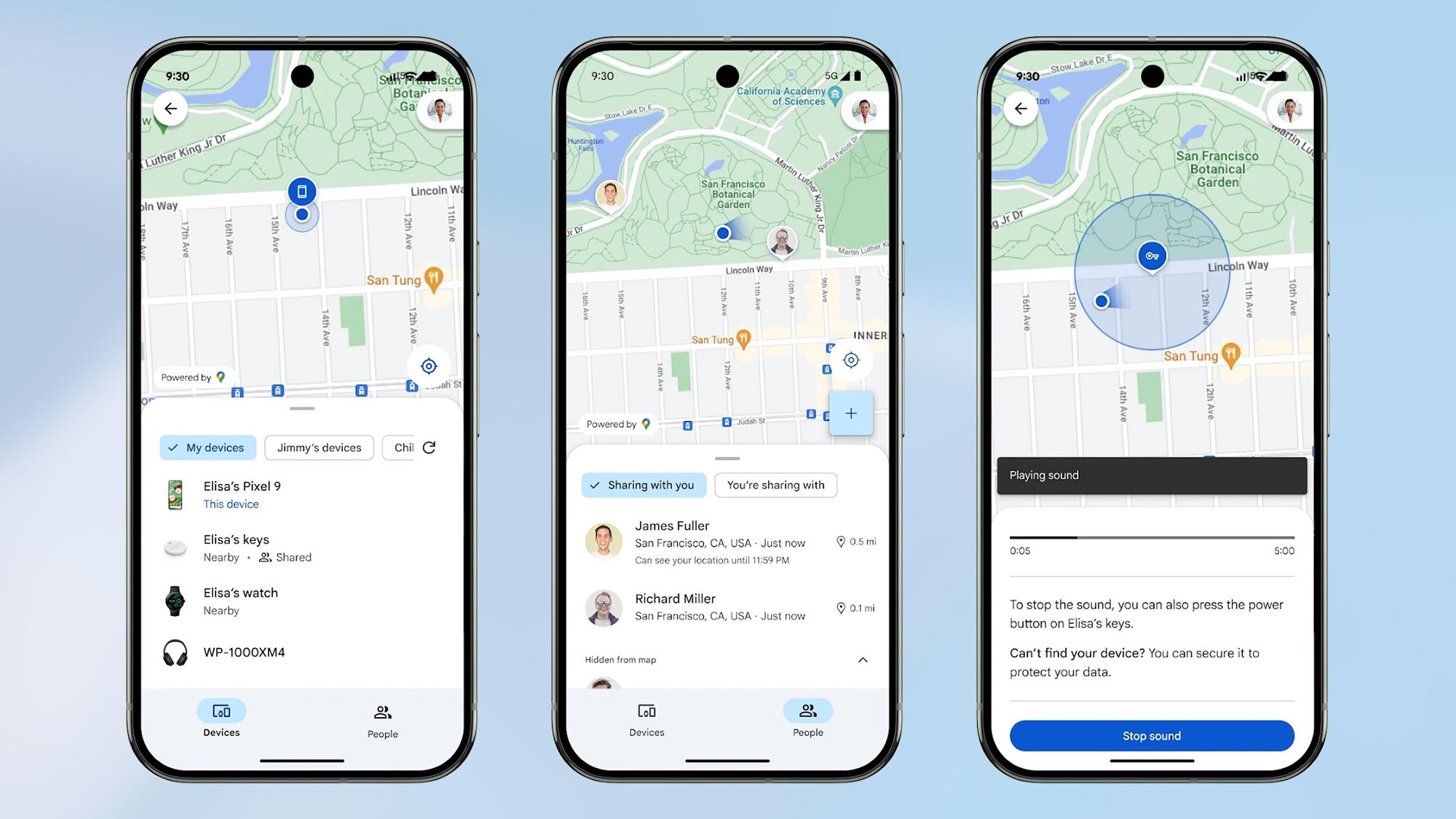How North Korean Hackers Hijacked Google's Find Hub
The Ingenious Exploit of Google's Find Hub
In a move that has alarmed technology users globally, North Korean hackers have tactically exploited Google's Find Hub, transforming it into a tool to remotely locate and wipe Android devices. This exploitation renders targeted devices vulnerable to unauthorized access and data loss, thereby escalating security concerns. Google Find Hub, designed to help users locate their lost phones, has unwittingly become an ally to these malicious entities.
KONNI Hackers and the Role of KakaoTalk
The attackers, known as KONNI hackers, have ingeniously leveraged KakaoTalk, a popular messaging app, to deploy malware onto users' devices. By delivering malicious files disguised as legitimate messages, they gain unauthorized access to sensitive information like account credentials. This approach showcases their strategic use of social engineering to exploit everyday tools in sinister ways.
"Cybersecurity is not just an IT issue but a grave national security concern." - Anonymous Cybersecurity Expert
The manipulation of trusted platforms highlights a pressing cybersecurity challenge, compelling organizations and individuals alike to rethink their digital safety strategies to thwart such advanced persistent threats.

Image Source: Future CNN
Impact on Victims and Devices
The attack’s impact is profound, afflicting numerous Android devices worldwide. Victims of these malicious exploits could potentially face loss of personal data and financial information. Businesses relying on Android technology for operations are particularly susceptible to economic disruptions. As a countermeasure, individuals are advised to strengthen account passwords and avoid suspicious downloads.
- Always ensure apps are updated to the latest versions.
- Implement two-factor authentication wherever possible.
- Regularly backup important data to prevent loss.
- Monitor account activities for any unusual occurrences.
Following these precautions can significantly mitigate risks associated with such cyber threats.
The Global Cybersecurity Landscape and Future Threats
With cyber threats growing both in number and sophistication, the international community is at a pivotal juncture. Collaborative efforts towards enhancing cybersecurity protocols and sharing information, much like the newly released white paper on Security Week, are vital for devising effective counterstrategies and securing digital domains.
Enhancing Personal Cyber Safety
For individuals, taking proactive steps remains crucial. This includes staying educated on current cybersecurity threats, exploring online courses, such as those available on Udemy, and seeking cybersecurity solutions from reputable providers like Internet Security Software.
The digital age demands vigilant and informed netizens, as the landscape of cyber threats continues to evolve. By staying abreast of the latest developments and implementing best practices, individuals and organizations can safeguard their digital environments from these evolving threats.
